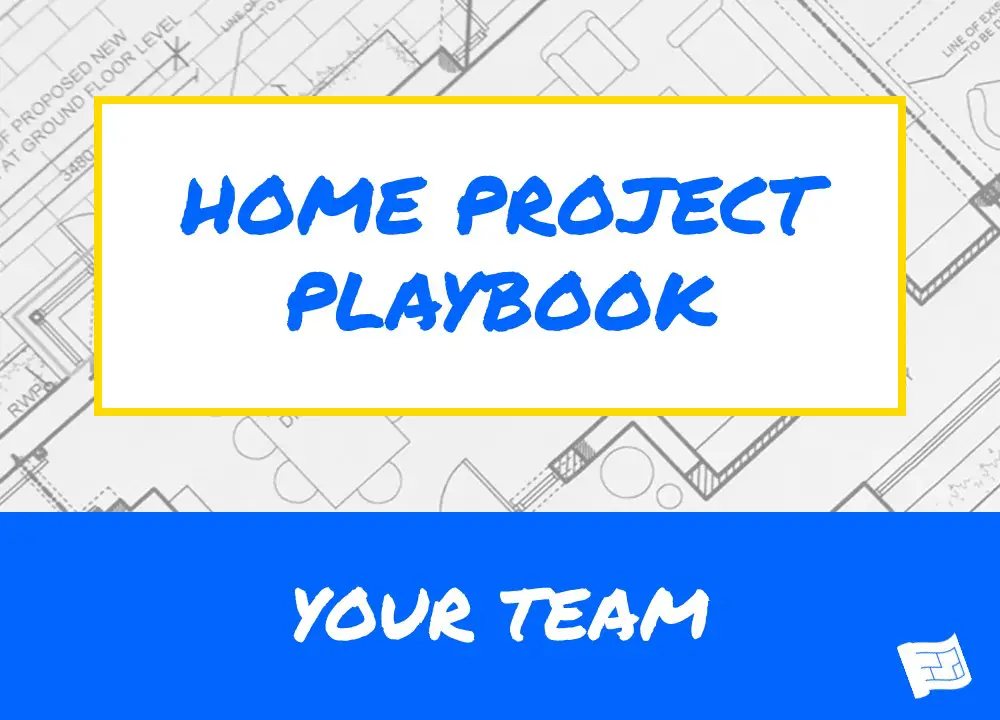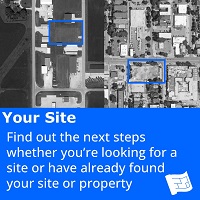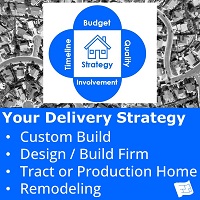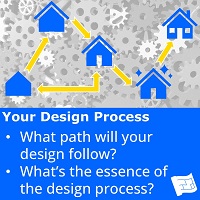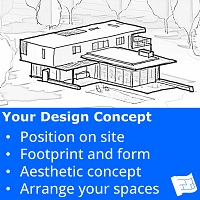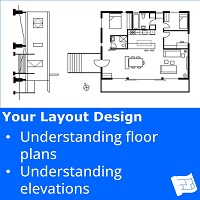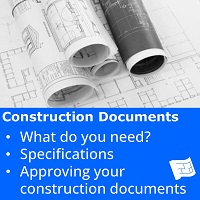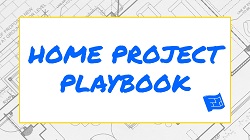- Home
- Project Playbook
- Your Home Project Team
Your Home Project Team
A great deal of the success of your project depends on your home project team - the people that you collect together to help you turn your dreams of your new home into a reality.
Teamwork makes the dream work!
We'll be running through the different professions and skills that you can choose to be on your team.
Who will you need on your home project team?
You might be surprised by the amount of roles that are required for your home project team. You may not need to hire each of the professions that we're going to discuss, but if your home project is complex or you want help in any particular area then you'll know who to call for what.
This page talks about the team that you'll need at the front end of your project when you're getting started and during design. It doesn't cover all the different trades that will work on your home during the build phase. We'll cover them later on.
Some of your relationships and contracts will be made directly with the professional involved. Others may be through sub-contracts, for example, you might find an interior designer that will sub-contract in a lighting designer.
Let's have a look at the players that are available to make up your home team.
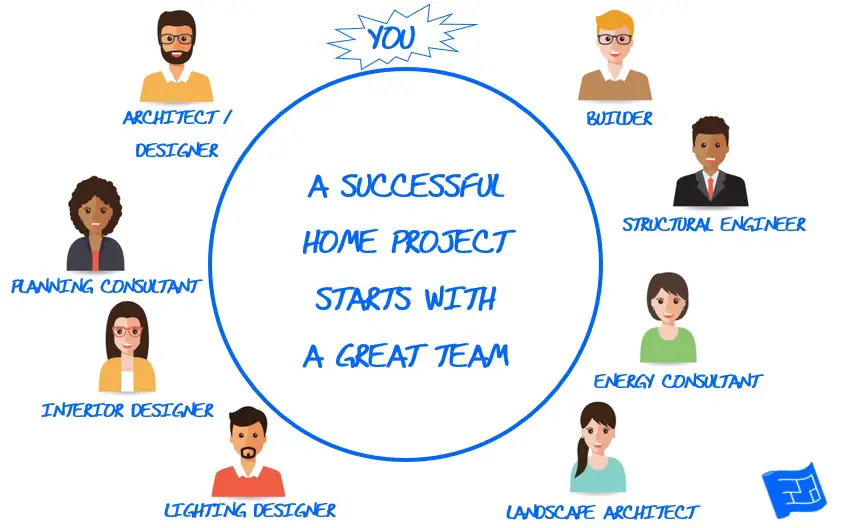
You
Your home project only exists because of you. It's your dream and you're paying for it. You'll also be the one living in it when the work is done.
Apart from the money, there are other things that you will bring to your project. Your skills and capabilities, your availability and perhaps above all, your attitude.
Financiers
The people that you deal with in the institutions that lend the money for your project also have a stake in it.
There are two types of player in the finance arena. The loan officer that lends you the money, and the appraiser who works out the value of your project in the planning stages and when it's complete.
Building Department
Permitting and inspections is an essential part of your home project. Remember that while your project will interact with your building department through a series of processes and procedures, it is people that make the decisions.
It can be very helpful to build a good relationship (or hire a design professional and contractor that have a good relationship) with your building and planning department.
Residential Planning Consultant
If you're looking to get a zoning variance, or you want to build a design that might push the boundaries of your zoning code a planning consultant could be just the person you need on your team.
Permit Expeditor
If the permitting process in your locale is complicated or arduous, you can avail of the services of a permit expeditor to help you through the process. Your building department will likely know some permit expeditors you can contact if necessary for your project.
Design Professional
You may decide to work with an architect, building designer, interior designer or draftsperson to help you create your design and construction documents.
Make sure you're aware of the different levels of qualifications and licensing required for different types of design professionals - we discuss this later on.
Engineers
For technical aspects of your project, you may find you need the help of various different types of engineers on your home project team:
- Structural engineer - to make sure that the structure of your home is sufficient.
- Civil engineer - for any complex groundworks required on your site.
- Mechanical engineer - for your plumbing and HVAC systems.
- Electrical engineer - for your electrical systems.
Energy Consultant
If excellence in energy efficiency is a goal for your project, then an energy consultant can advise on the best way to deal with this.
Home Inspector
If you're remodeling, a home inspection is a good way to find out more about the condition of your existing home. They can also provide warranty inspections if anything goes wrong after your home has been built.
Surveyor
A surveyor will measure your site to determine the boundaries and topography along with any structures and utilities on (or under) your land.
Testing Services
There are a number of tests that you may need to carry out for which you will need to hire a testing service:
- Soil test
- Drainage test (perk test)
- Asbestos testing
- Lead testing
- Concrete testing
Cost Estimator / Consultant
A cost estimator or consultant can help you determine the cost of your project and advise you about any additional costs that come up during construction.
Interior Decorator
If you want help with the finishes of your new home such as floors, fixtures and fittings, paint colors, wallpapers, window treatments etc, then an interior decorator will be an asset to your team.
Note that an interior decorator is different to an interior designer.
Lighting Designer
Lighting design is an important part of home design. If you're planning on a lighting scheme that goes beyond the basics, it's well worth engaging a lighting designer.
Landscape Designer
If you want the professional touch for the areas surrounding your home, a landscape architect or garden designer can help.
Clerk of the Works
You probably haven't heard about this team player before. You can hire a 'clerk' to make sure that your home is built according to your plans and up to the required standards.
They're not often used on residential jobs, but if it's a service that your project needs a clerk of works is an option for you.
Lawyer
When it's time to sign your contract with your general contractor, you'll need a lawyer specializing in construction law to take you through your contract.
Construction Manager
"Construction Manager" (CM) is one of those job titles that can be used for several jobs.
- A CM can guide you as homeowners through your home project from start to finish.
- A CM can be hired simply to monitor the construction of the project - a bit like a Clerk of the Works.
- A CM can be in charge of coordinating the activities of your construction phase.
General Contractor
A builder who works under contract is called a contractor. A general contractor assumes responsibility for all the trades and supplies required to complete your project so they're a key player on your home project team.
Your general contractor will either employ or sub-contract to other trades such as...
Construction
- Superintendent (super) or foreman
- Builder
- Bricklayer / Mason
- Concreter
- Asbestos assessment and removal
- Electrician
- Carpenter
- Joiner
- Tiler
- Roofer
- Water Proofer
- Plumber
- Sheetrocker / Plasterer
- Painter and decorator
- Glazier
- Scaffolder
- Window company
- Handyman – small stuff
- Laborer
Installation
- Flooring
- Under floor heating
- Fences
- Gates
- Fireplaces
- Kitchen
- Cabinet maker
Outside
- Landscaper
- Tree surgeon
- Pool company
- Paving
Wow - that's quite the list
While it's too early on to hire anyone onto your team just yet, you have started thinking about what type of skills you'll need on your project and when.
Alot of the time once you hire your first team member, be it a builder or a design professional, they can help you find the other team members that you need.
There's more on hiring your design professional in the Design phase and more about hiring a general contractor in the Construction phase.
The Playbook is a work in progress. Anything without a link is coming soon.
Phase 1 - Project Preparation
Phase 2 - Design Preparation
Phase 3 - Design
Phase 4 - Construction
Your Contractor / Builder
Your Contract
Building Your Home
